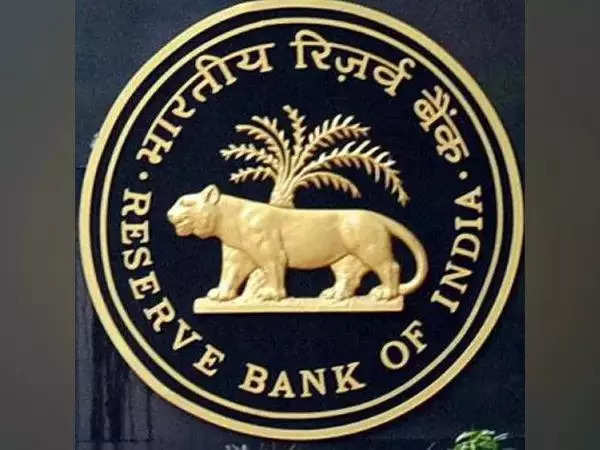Monetary policy expectations have a bigger impact on stocks than interest rate movements: RBI report

According to a research report prepared by RBI officials, regulatory and development measures announced along with monetary policy also have an impact on the stock market.
“…stock markets are more influenced by changes in market expectations of future monetary policy (path factors) than by policy rate surprises (target factors). This is consistent with the conventional idea that stock markets are forward-looking.” Volatility in the stock market on the day of a policy announcement “is influenced by both target and path factors as the market digests the policy announcement and traders adjust their portfolios throughout the day,” he said.
The RBI research paper on ‘Stock Market and Monetary Policy Surprises’ was authored by Mayank Gupta, Amit Pawar, Satyam Kumar, Abhinandan Borad and Subrat Kumar Seet of the Economic Policy Research Department of the Reserve Bank of India.
In this paper, we analyze the impact of monetary policy announcements on the returns and volatility of the BSE Sensex by decomposing the overnight indexed swap (OIS) interest rate changes on the policy announcement date into target and path factors. The target factor captures the surprise element of central bank policy interest rate actions, while the path factor captures the impact of central bank communications on market expectations regarding the future path of monetary policy.
While the short-term horizon aims to control other potential drivers of stock prices, it can be noted that monetary policy announcements are accompanied by regulatory and development measures that could also impact the markets, the paper said.
It added that transactions in the OIS market are sometimes rare and over narrow time frames and other domestic and global developments may also impact the analysis.
This analysis covers the period from India’s implicit adoption of a flexible inflation targeting regime (January 2014) to July 2022.
The Reserve Bank of India (RBI) launched the RBI Working Paper Series in March 2011. The central bank said the views expressed in this report are those of the authors and not necessarily those of their institutions.




